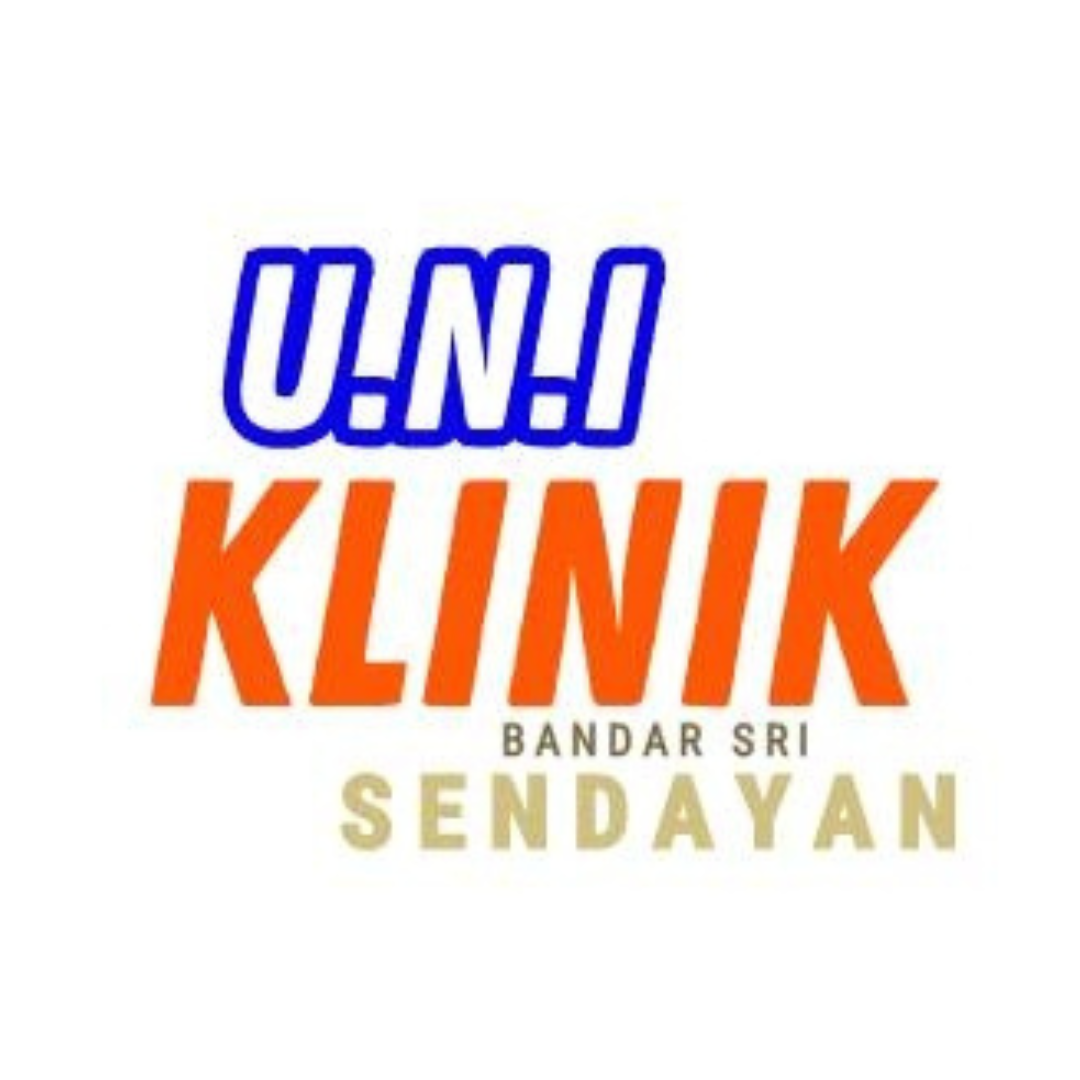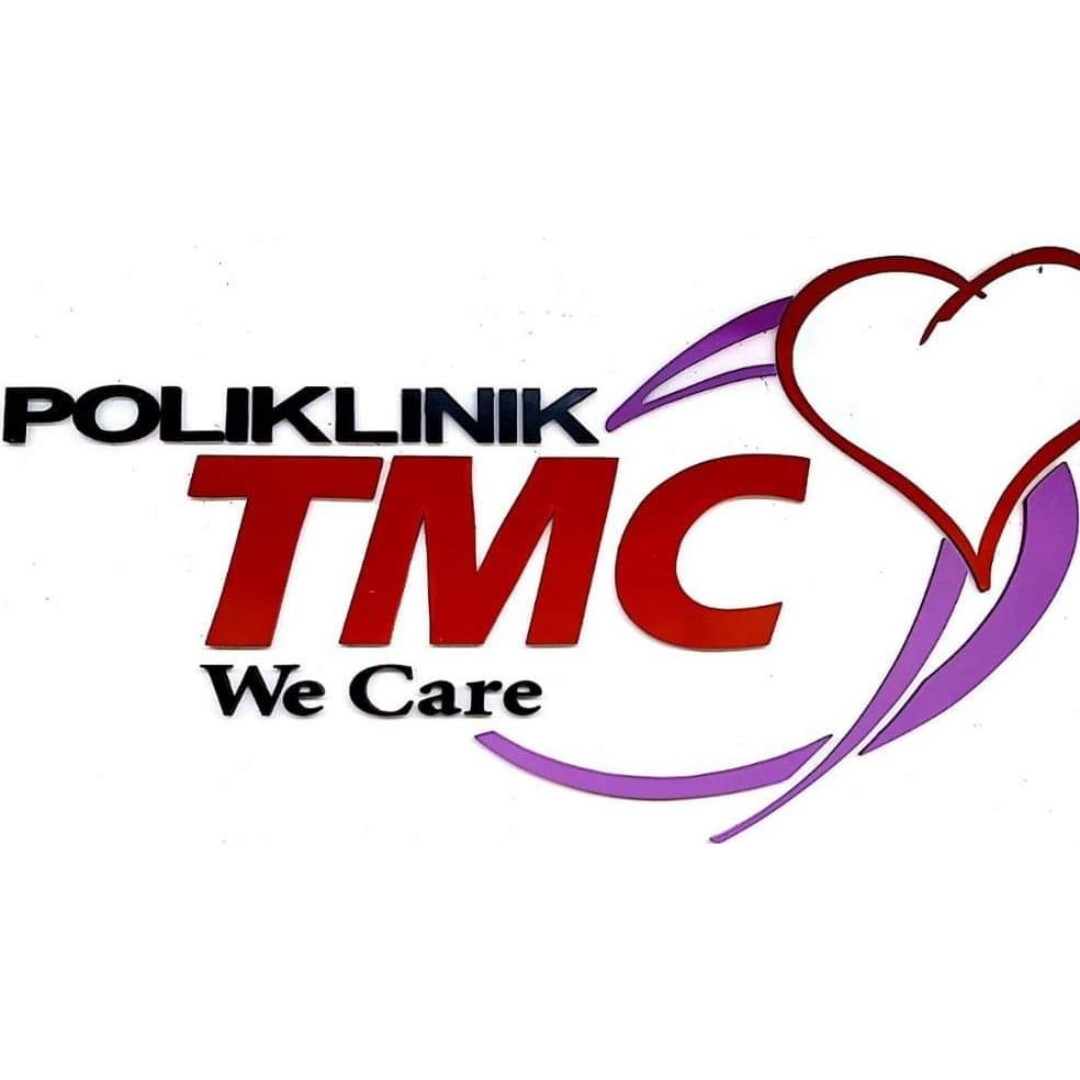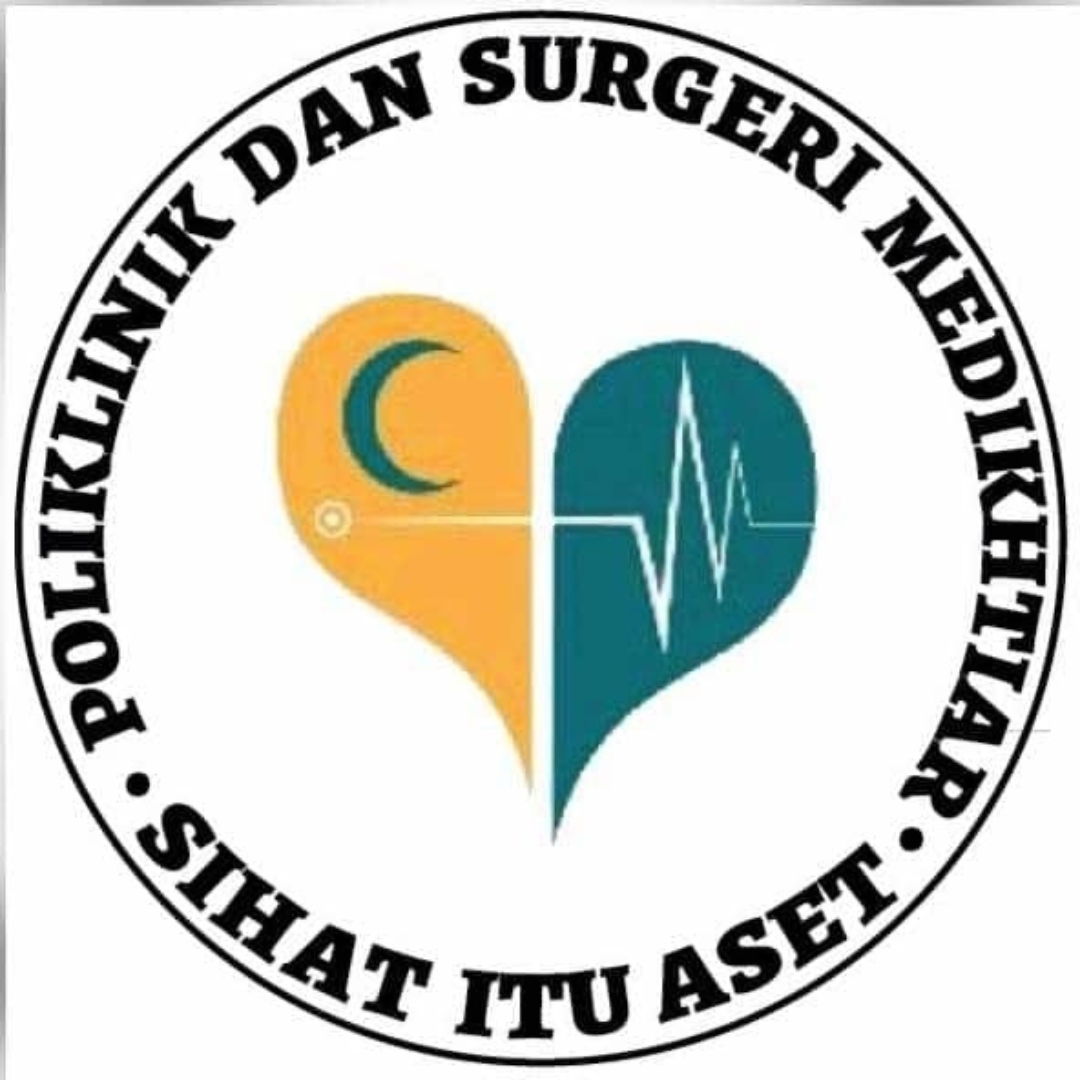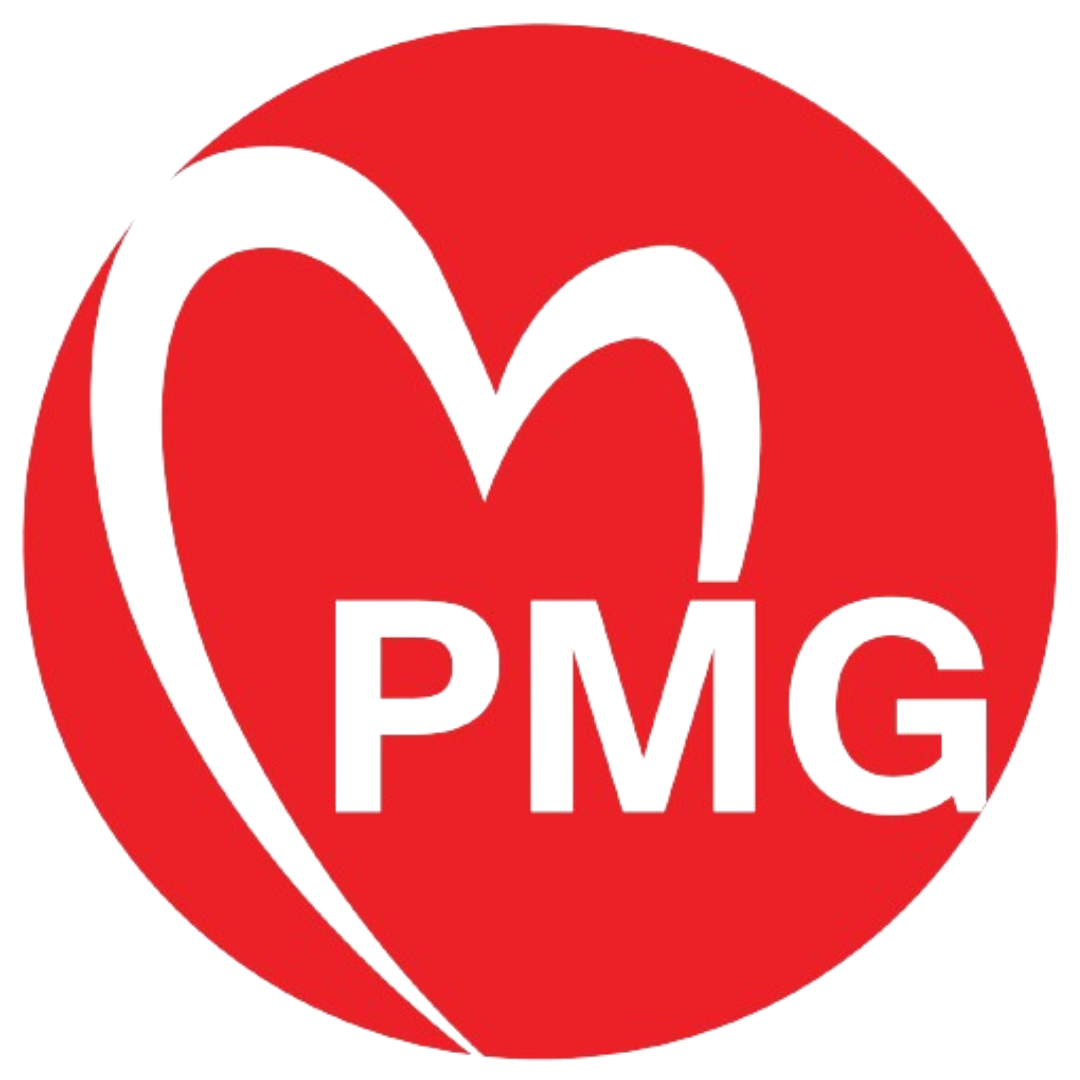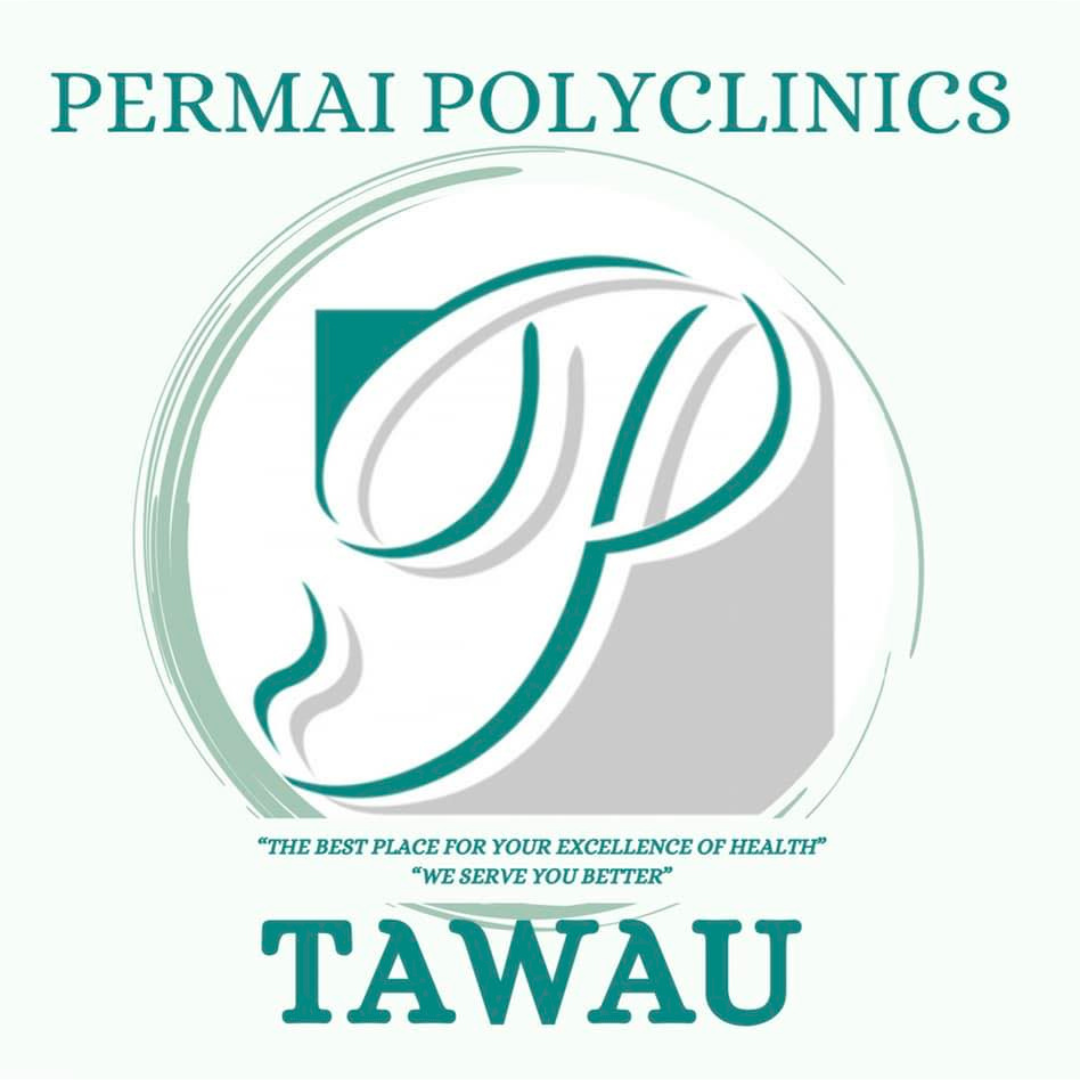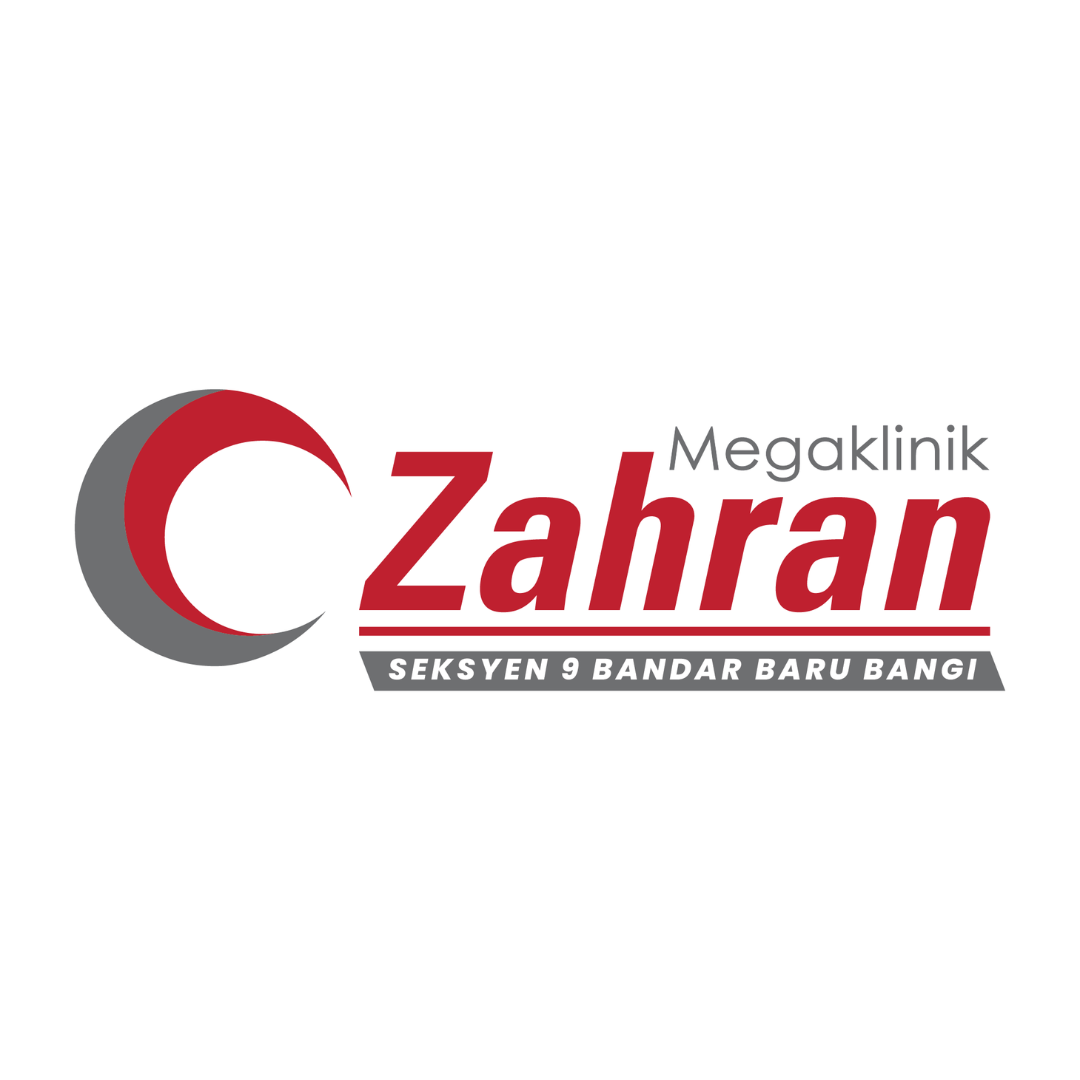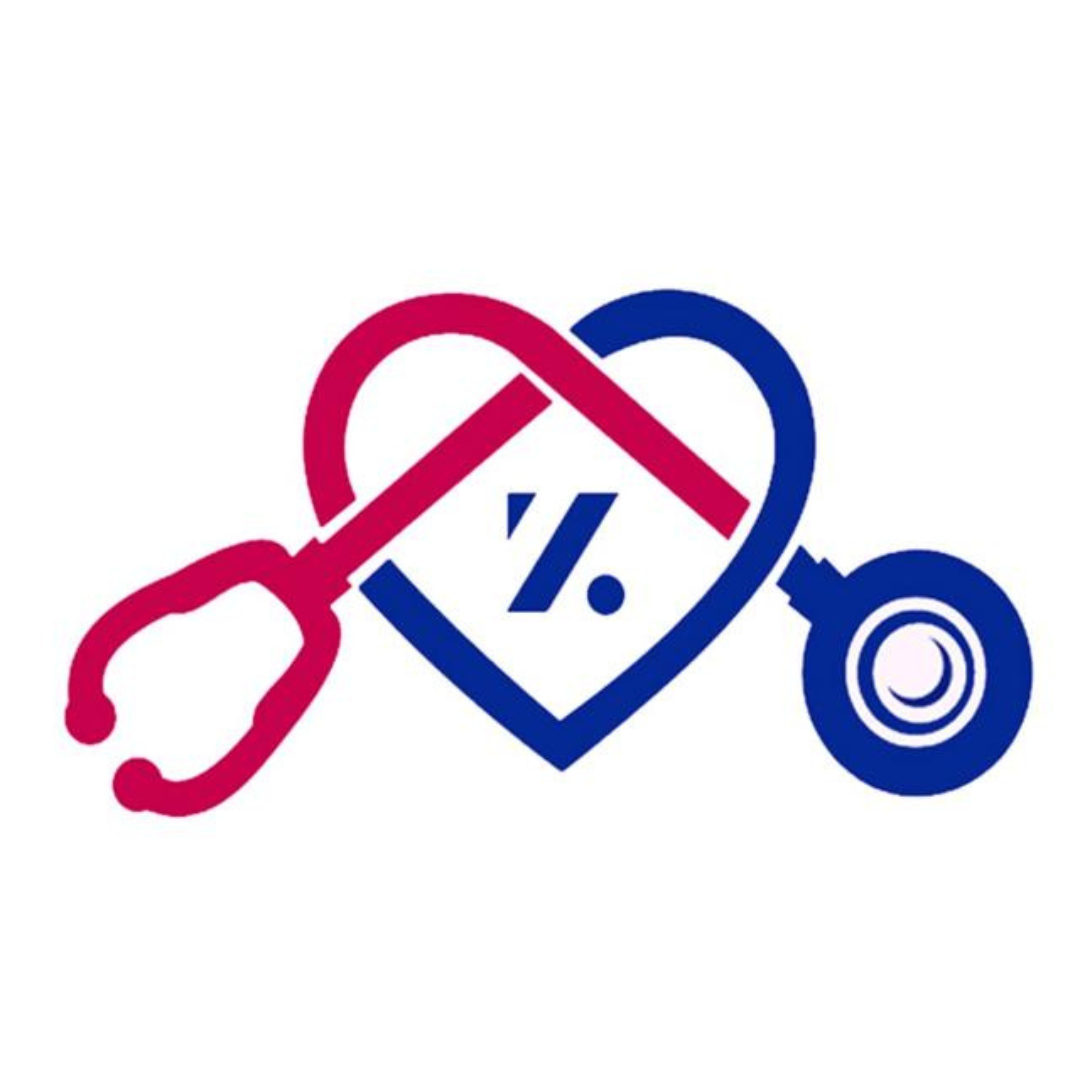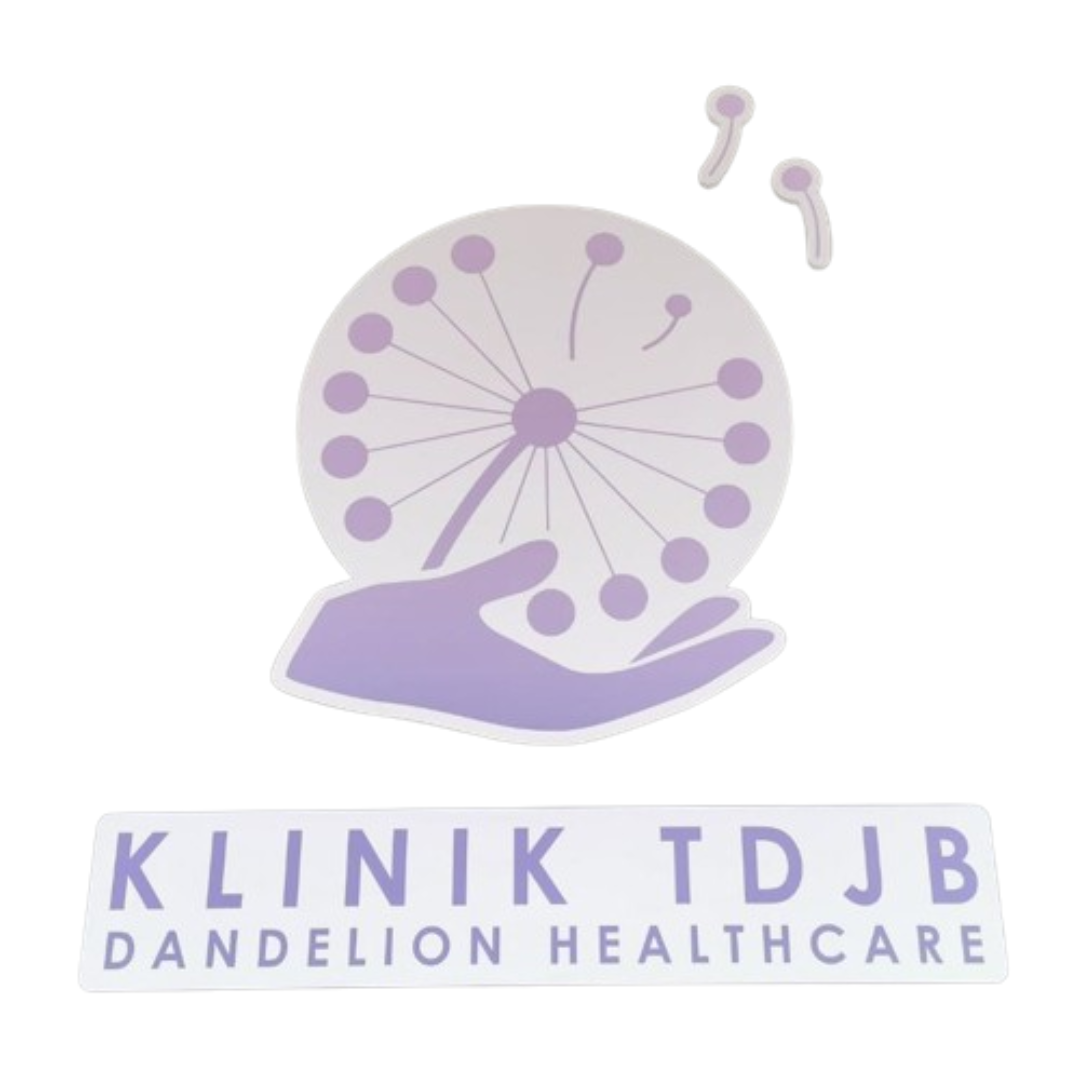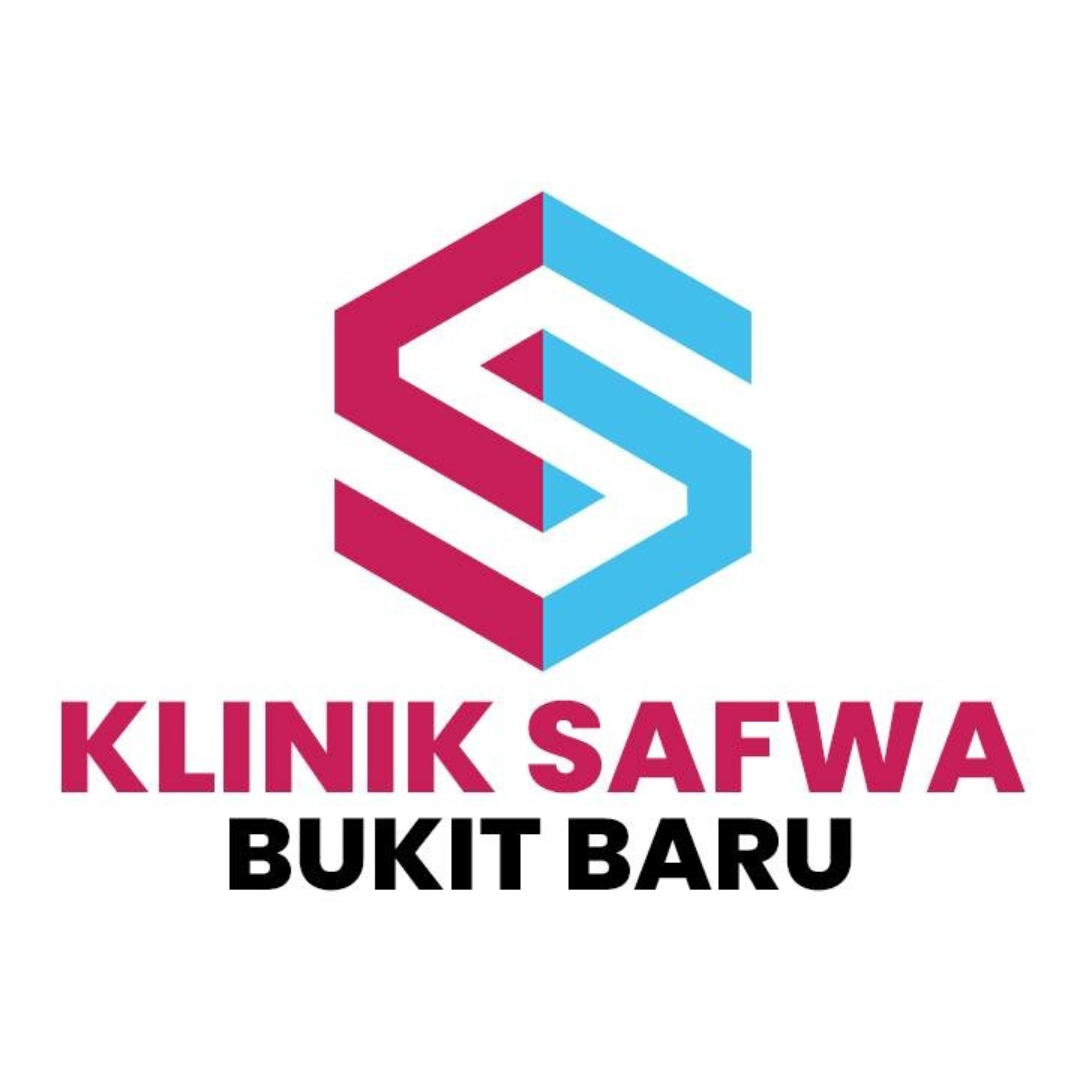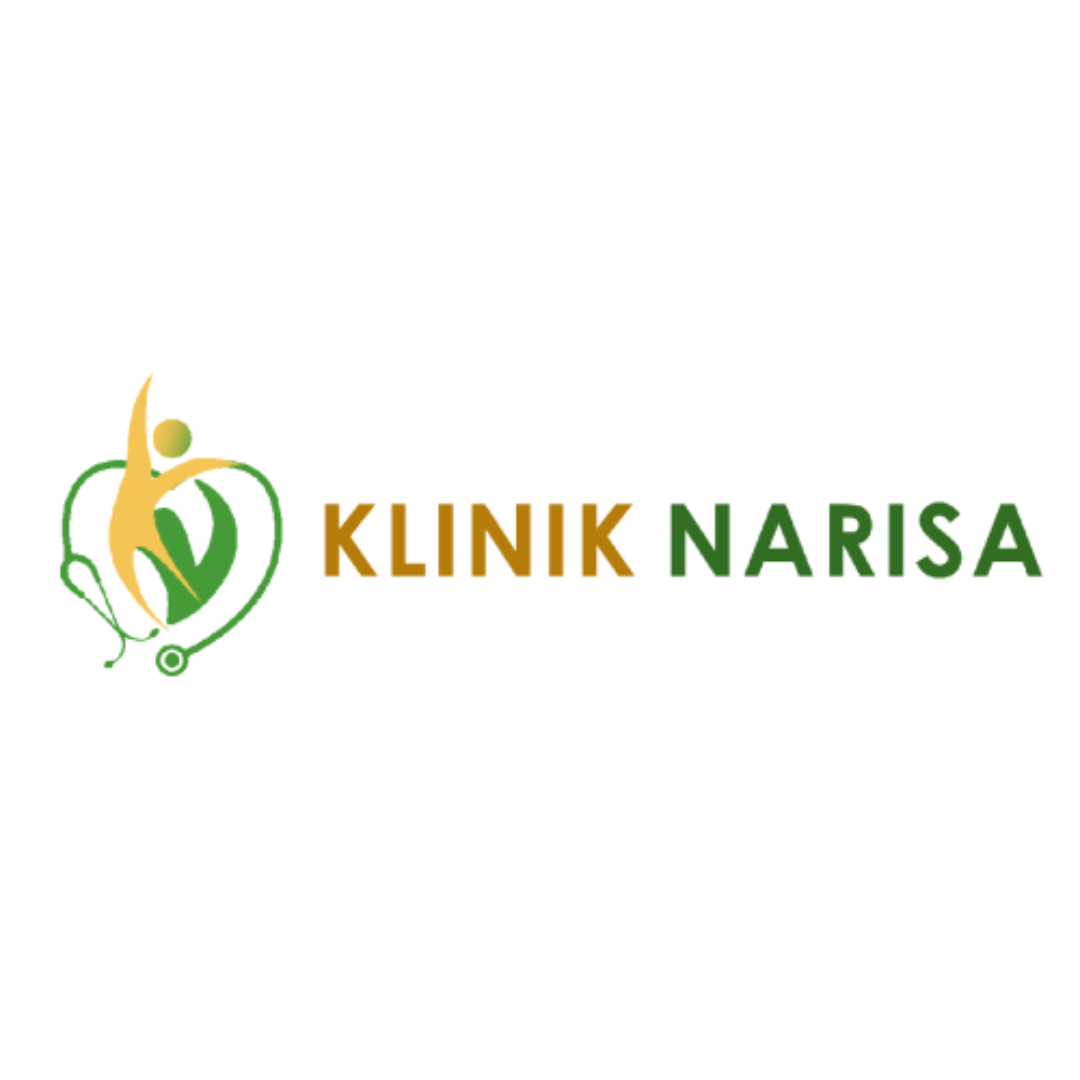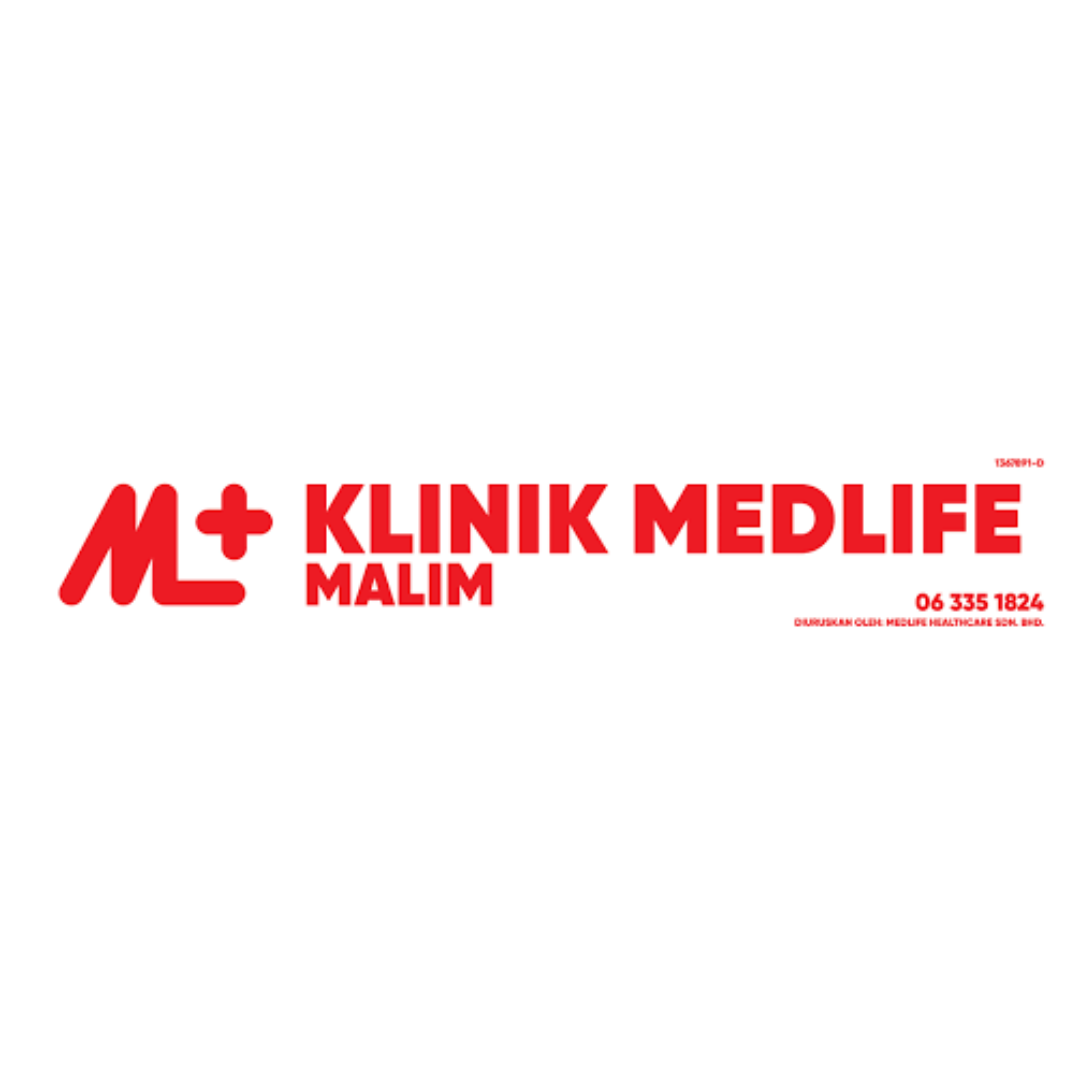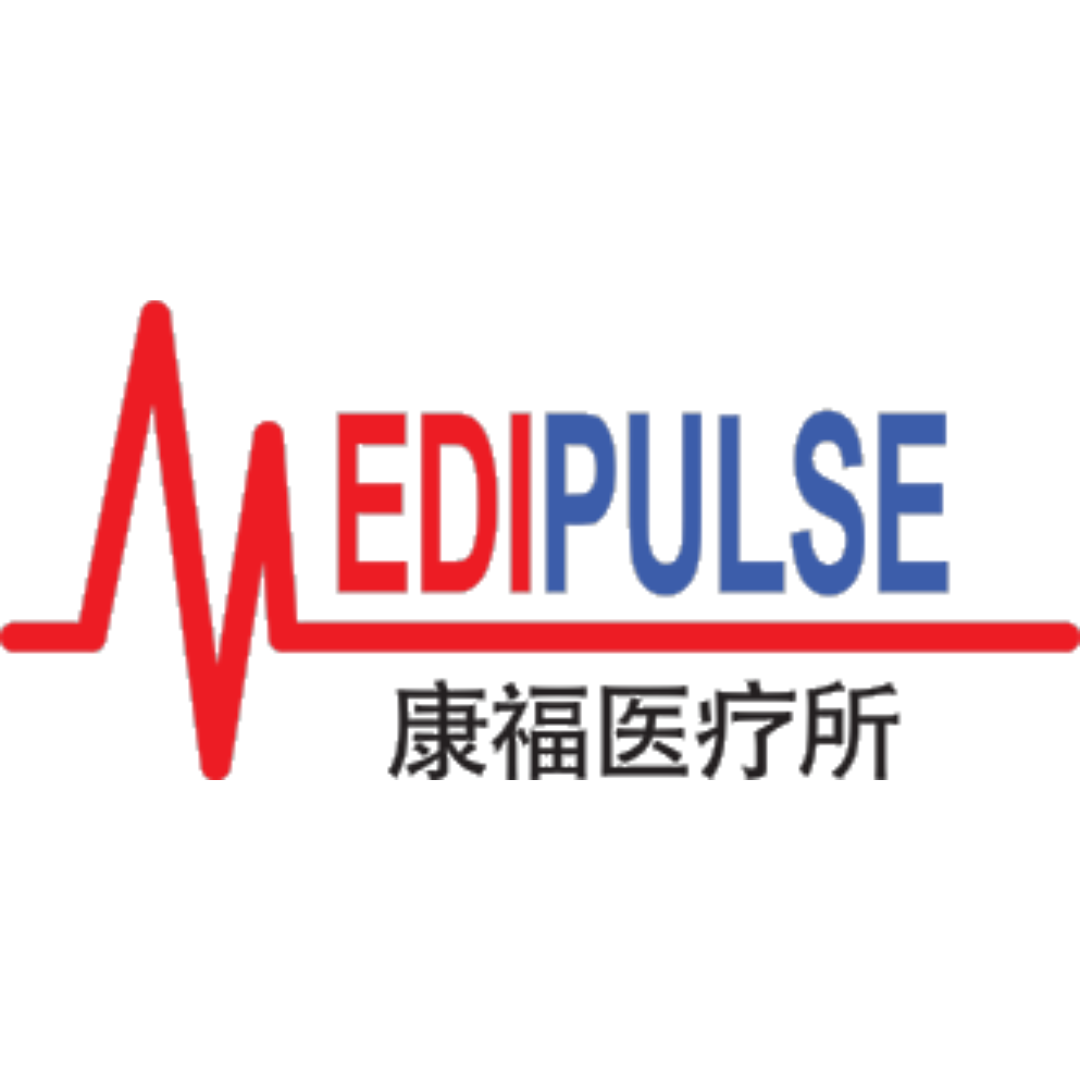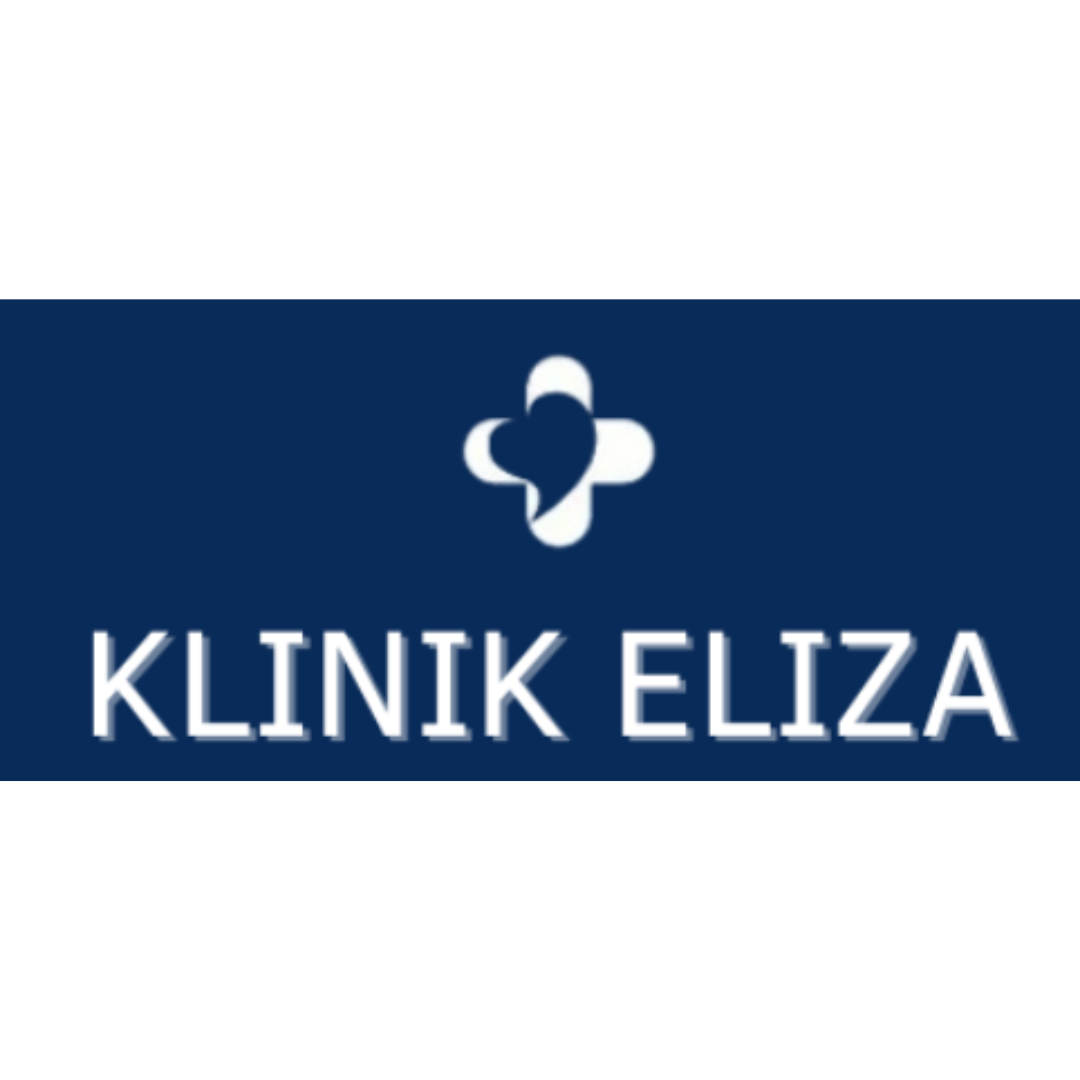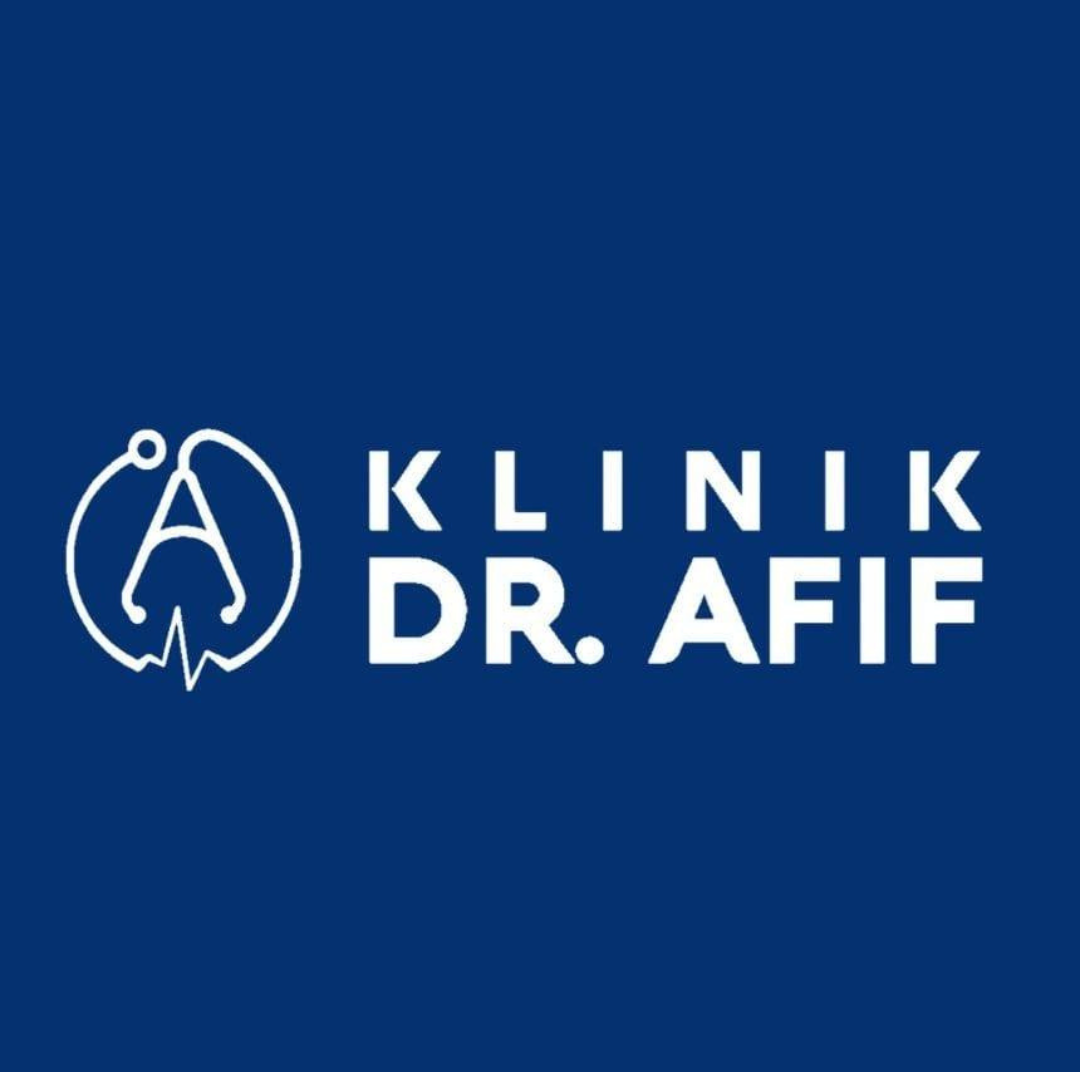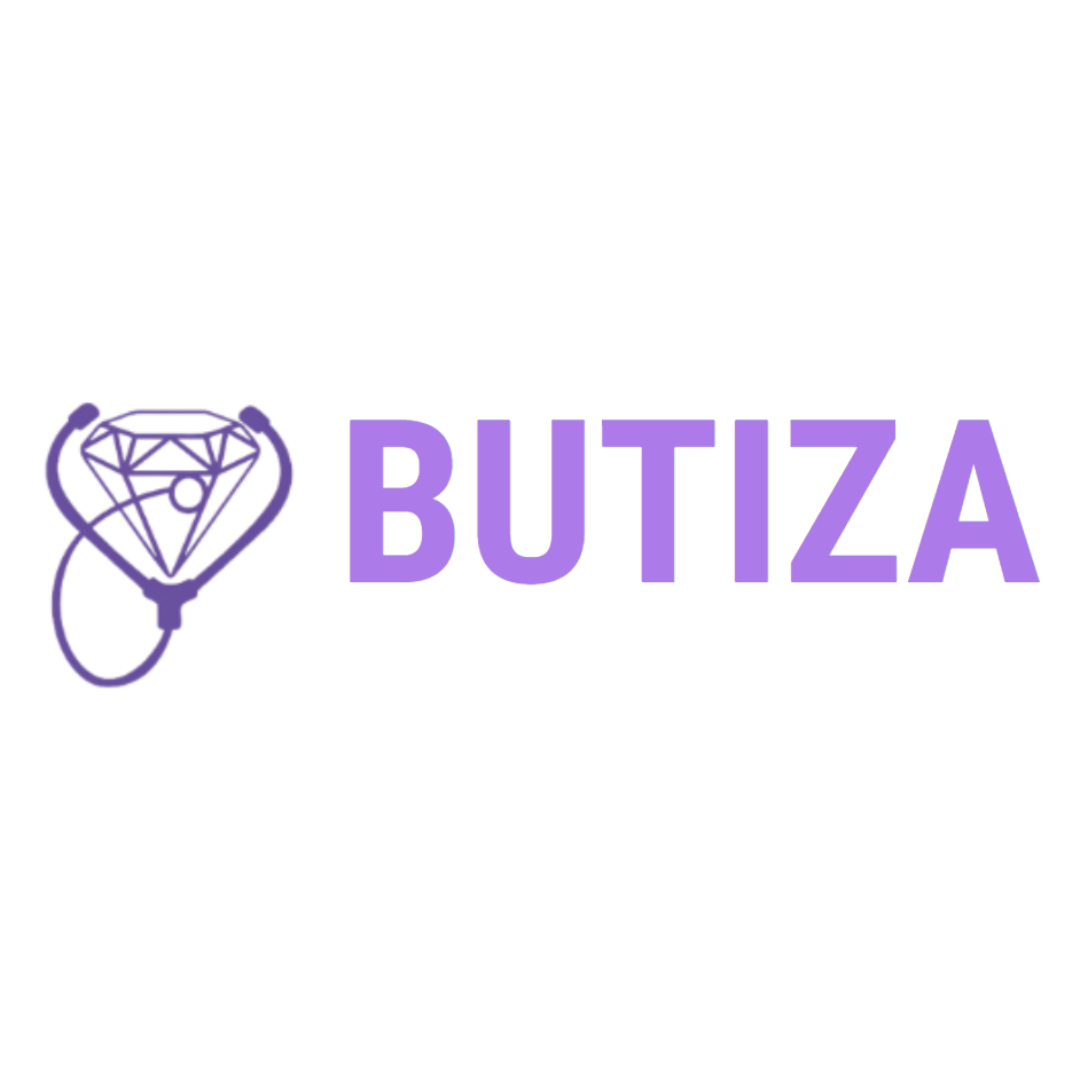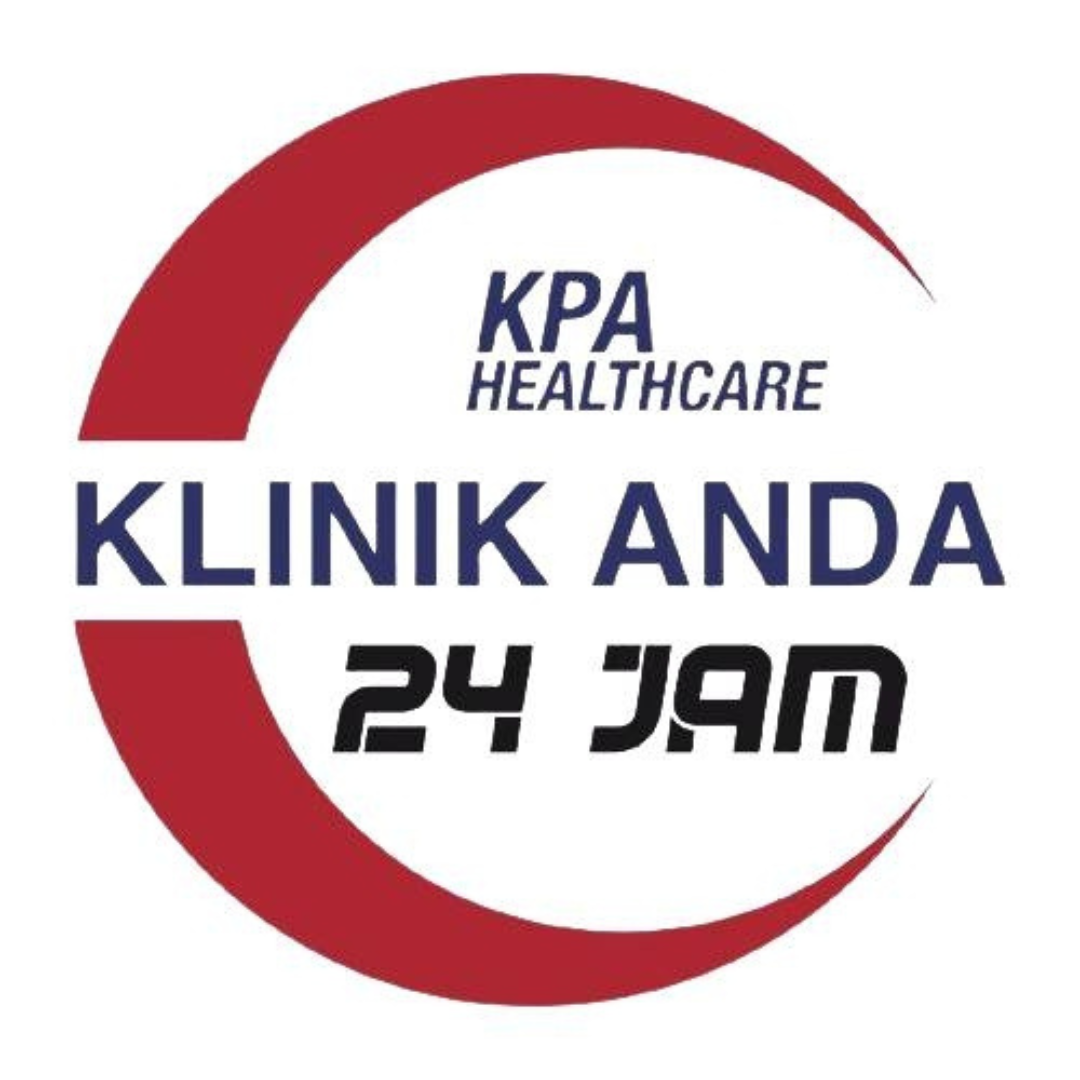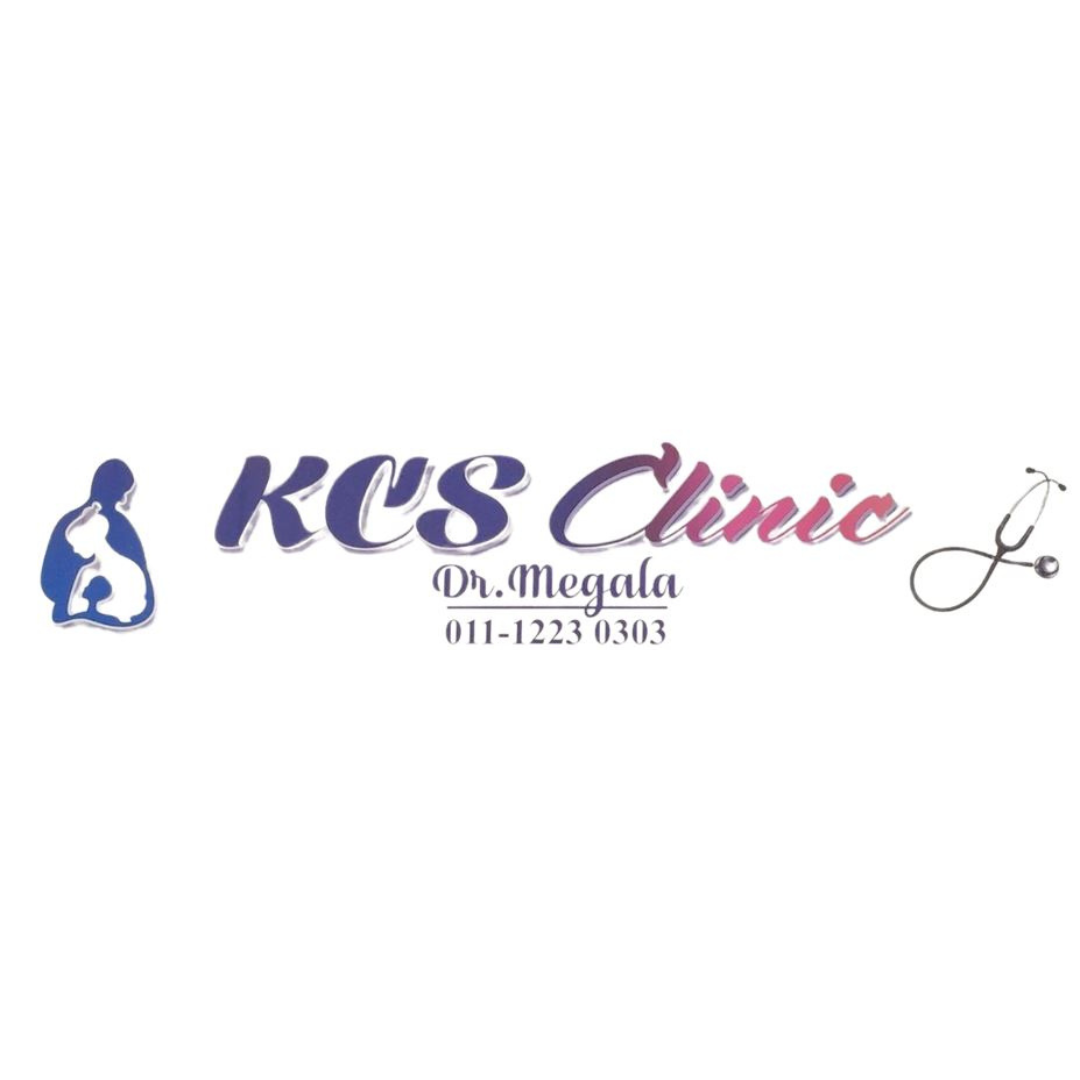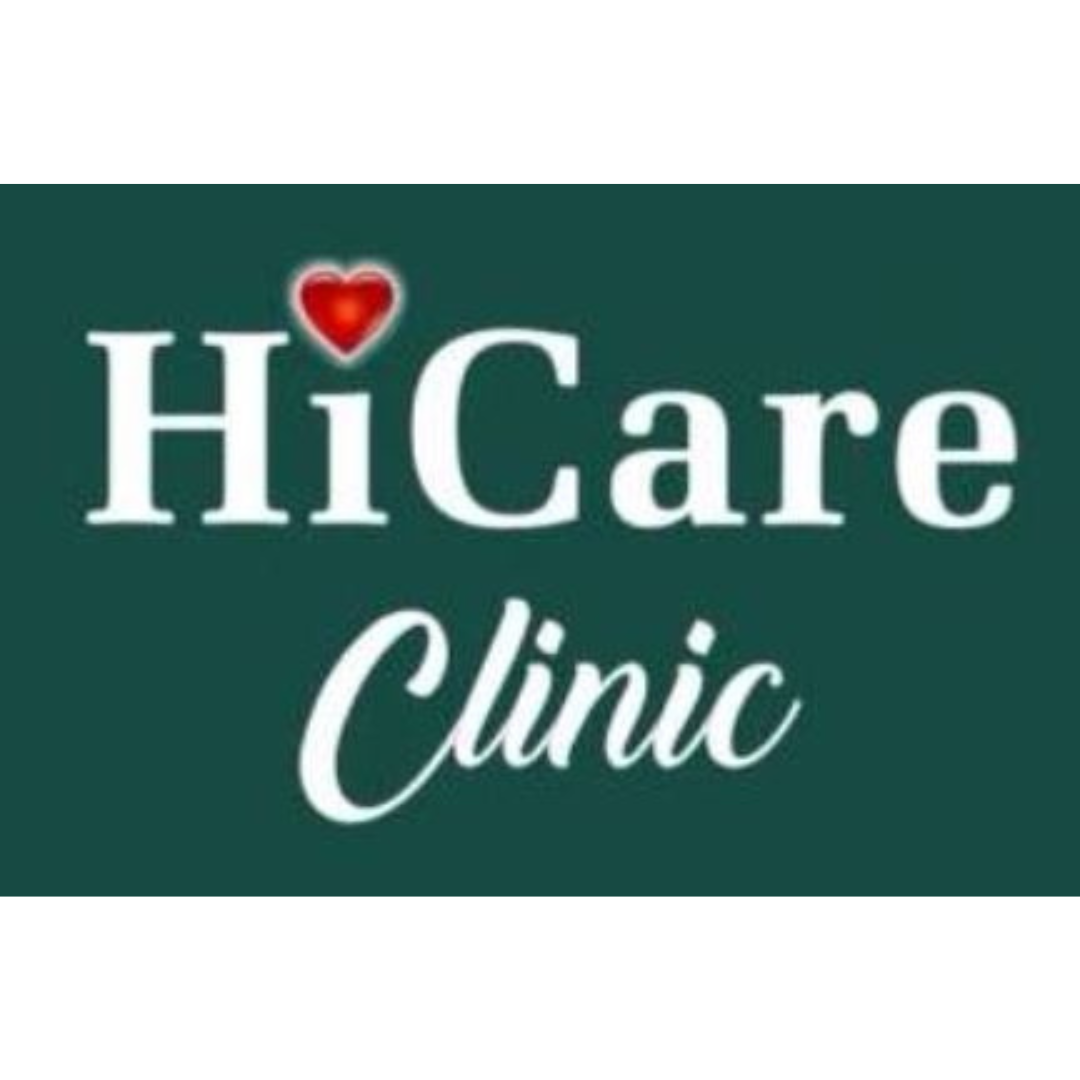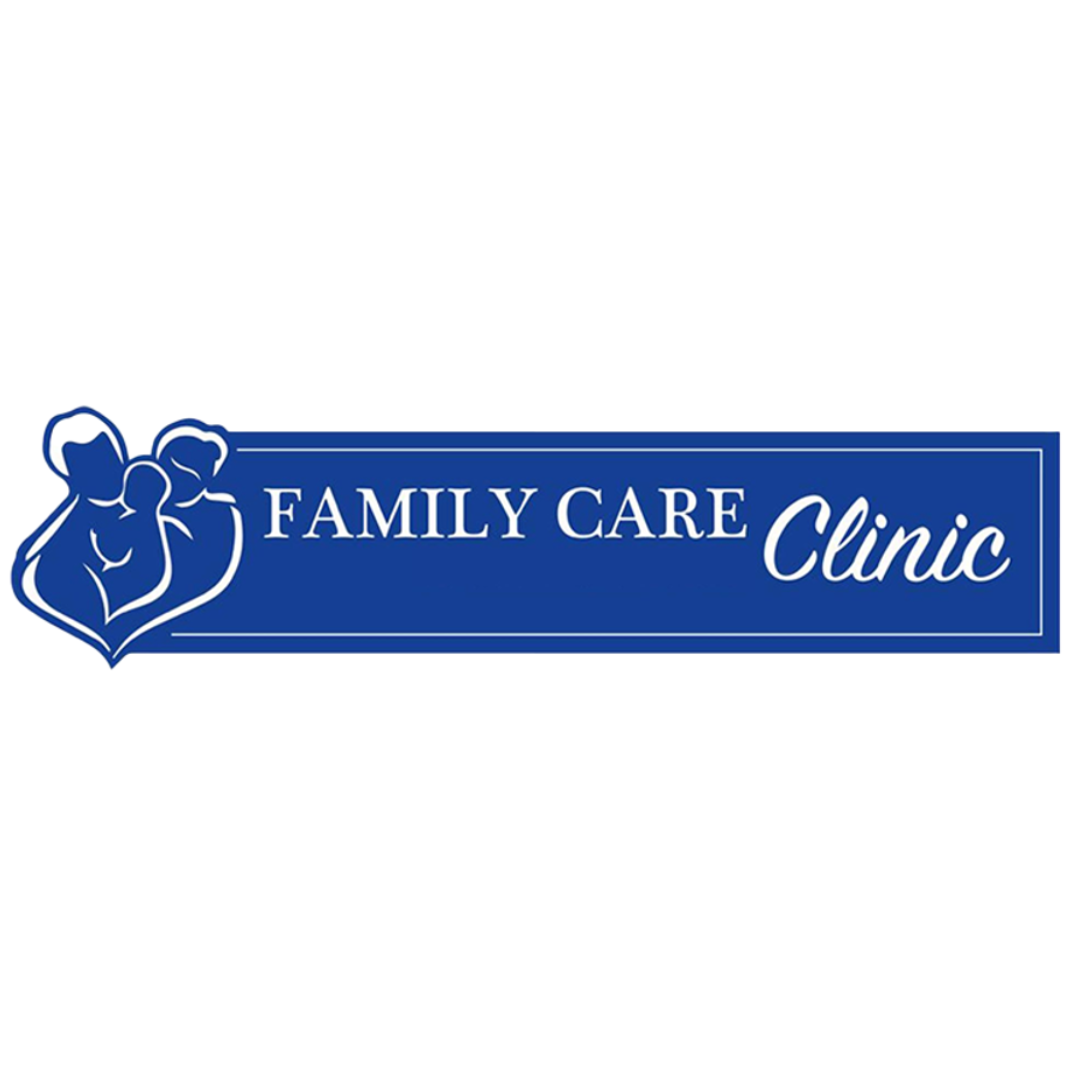
- Now Available in Malaysia

- Now Available in Malaysia




iBreastExam™ is a FDA cleared hand-held device enabling primary health workers to identify breast lumps early, in just a few minutes, without any pain or radiation
Independent Global Validations
With over 25,000 Women Enrolled
International Journal of Current Innovation Research (IJCIR 2019)
Study of accuracy of iBreastExam as a screening modality to detect breast lump - Experience of a tertiary care center in central India
Study of accuracy of iBreastExam as a screening modality to detect breast lump - Experience of a tertiary care center in central India
19,583 women enrolled over 2 years by Governmental Medical College in Nagpur, India, with a mean age of 36.17 years. 62.42% females came for screening without any breast complaints, 31.16% females presented with lump in the breast and 6.42% females with pain in the breast.
iBreastExam showed sensitivity of 87.98% and specificity of 93.79% and was found to be a promising effective tool for younger woman with dense breast.
It is highly cost-effective in terms of maintenance of the device, transport of females to tertiary center, reducing patient load for physicians and workload for machines and radiologists.
San Antonio Breast Cancer Symposium (2020)
Diagnostic accuracy of a novel palpation device to improve early detection of breast cancer in low-resource settings
Diagnostic accuracy of a novel palpation device to improve early detection of breast cancer in low-resource settings
Key conclusions from an independent study in a Brazil based study of 226 women (449 breasts analyzed independently),
The relatively high specificity (88.0% compared to mammography plus US) highlights the tools’ ability to reduce the pool of women warranting further evaluation but the sensitivity of iBE compared to mammography alone was relatively low.
15 of the 17 cases identified as normal by iBE were classified as BIRADS 0. When these cases underwent US, the net sensitivity increased to 74%.
Based on the acceptability survey, iBE shows extreme promise and demonstrates high approval among women
These data highlight the potential for iBreastExam to strengthen breast cancer early detection programs in LMIC’s and support the need for next generation sensors with improved sensitivity.
Annals of Oncology (2019)
Prospective three-arm triple-blinded comparative study for breast cancer screening in low resource setting countries
Prospective three-arm triple-blinded comparative study for breast cancer screening in low resource setting countries
916 healthy women visiting Manipal Hospital, Bangalore, for annual health check were recruited for bilateral breast examinations. Each woman was examined by three independent methods, each blinded to the other two: iBreastExam (iBE), Clinical Breast Examination (CBE) by an expert clinician and Breast Imaging (mammography or breast ultrasound).
iBreastExam) performed with significantly better sensitivity, by 19 %, than CBE to detect breast lesions while reporting high specificity (94 %) and NPV (98 %).
In younger women population under the age of 40 years, where the prevalence of dense breast is high, iBreastExam demonstrated high-performance characteristics.
iBreastExam detected all malignant lesions in this study, while the clinician’s CBE missed to detect a non-palpable malignant lesion.
iBreastExam can be a promising tool to provide clinically effective and standardized breast examinations in low-resource settings to detect breast lesions at early stages. The device can also be an effective screening tool for younger women with dense breasts.
JCO Global Oncology (2022)
iBreastExam: Time for Formal Operation in Nepal
iBreastExam: Time for Formal Operation in Nepal
It would be a win-win situation for all parties involved if the government of Nepal would seriously consider introducing, implementing, and incorporating screening examinations such as iBreastExam and other similar tools to improve early detection and reduce the undesirable and unfortunate breast cancer–related mortalities.
San Antonio Breast Cancer Symposium (2020)
Clinical efficacy evaluation of a novel palpation imaging device for early detection of breast cancer in the developing world
Clinical efficacy evaluation of a novel palpation imaging device for early detection of breast cancer in the developing world
1,200 asymptomatic women (2,400 breasts) with median age of 43 years were examined by clinical breast exam and iBreastExam
Compared to Clinical Breast Exam, iBreastExam demonstrated significantly (23%) higher sensitivity and moderately (9%) higher specificity to detect breast lesions.
Given that iBE requires minimal training and provides objective breast examination with digital documentation; better performance than clinical exam highlights the tools’ utility as a triaging tool by identifying women in need for follow-up diagnostics.
iBreastExam may enable community health worker led triaging to detect clinically relevant breast lesions in LMIC settings.
The Lancet Global Health (2022)
Memorial Sloan Kettering Cancer Center Study
Memorial Sloan Kettering Cancer Center Study
424 Nigerian women with median age of 46 years that were either symptomatic or at high-risk for breast cancer, were enrolled.
iBreastExam by recent nursing school graduates has shown a high NPV and sensitivity for identifying women with suspicious breast lesions, as defined by imaging, but lower specificity than a surgeon’s clinical breast examination.
In geographical locations where clinical breast examination by experienced practitioners is unavailable, the iBreastExam might fill this gap by providing a high sensitivity breast evaluation tool in the community health setting.
Link: The Lancet Global Health | Articles | Volume 10, ISSUE 4, E555-E563, April 2022
World Journal of Surgical Oncology (WJSO 2016)
A cost-effective handheld breast scanner for use in low-resource environments: a validation study
A cost-effective handheld breast scanner for use in low-resource environments: a validation study
Independent clinical study published in the World Journal of Surgical Oncology in Oct 2016.
iBreastExam correctly identified 66 lesions demonstrating sensitivity of 86% and specificity of 89%.
- Awards & Recognition -

Innovative Health Technology Recognition

2022 Global Women's HealthTech Award

Thought Leader Recognition

Cure GrantAward Recipient
Our Current Clinic Partner
Why iBreastExam™?
- Enhance the quality of Clinical Breast Exams (CBE), a critical aspect of women's physical examinations.
- Maintain a standardized and reproducible record of your CBE.
- Seamlessly integrate CBE reports into EMR systems and workflows.
- Potentially find hard to palpate lesions.
- Utilize iBreastExam™ for documenting breast lesions, supporting your clinical expertise, and aiding decisions for additional diagnostic imaging.
- iBreastExam™ has obtained clearance from the US FDA for breast lesion documentation.


iBreastExam™ Scanner
- Easily graspable and user-friendly
- Features state-of-the-art technology with a patent-pending Dynamic Co-Planar Capacitive Sensing.
- Highly portable and lightweight, measuring just 5”x 2.5”x 3.3” and weighing only 0.227 kg.
- Powered by a rechargeable battery for up to 8 hours of continuous usage.
- Completely wireless, offering seamless Bluetooth connectivity.
iBreastExam™ Connect Mobile App
- The iBreastExam™ Mobile App has the capacity to store up to 10,000 CBE records.
- Safe, secure and easy-to-use interface.
- Breast exam documentation and annotation.
- Look back feature with Replay.


